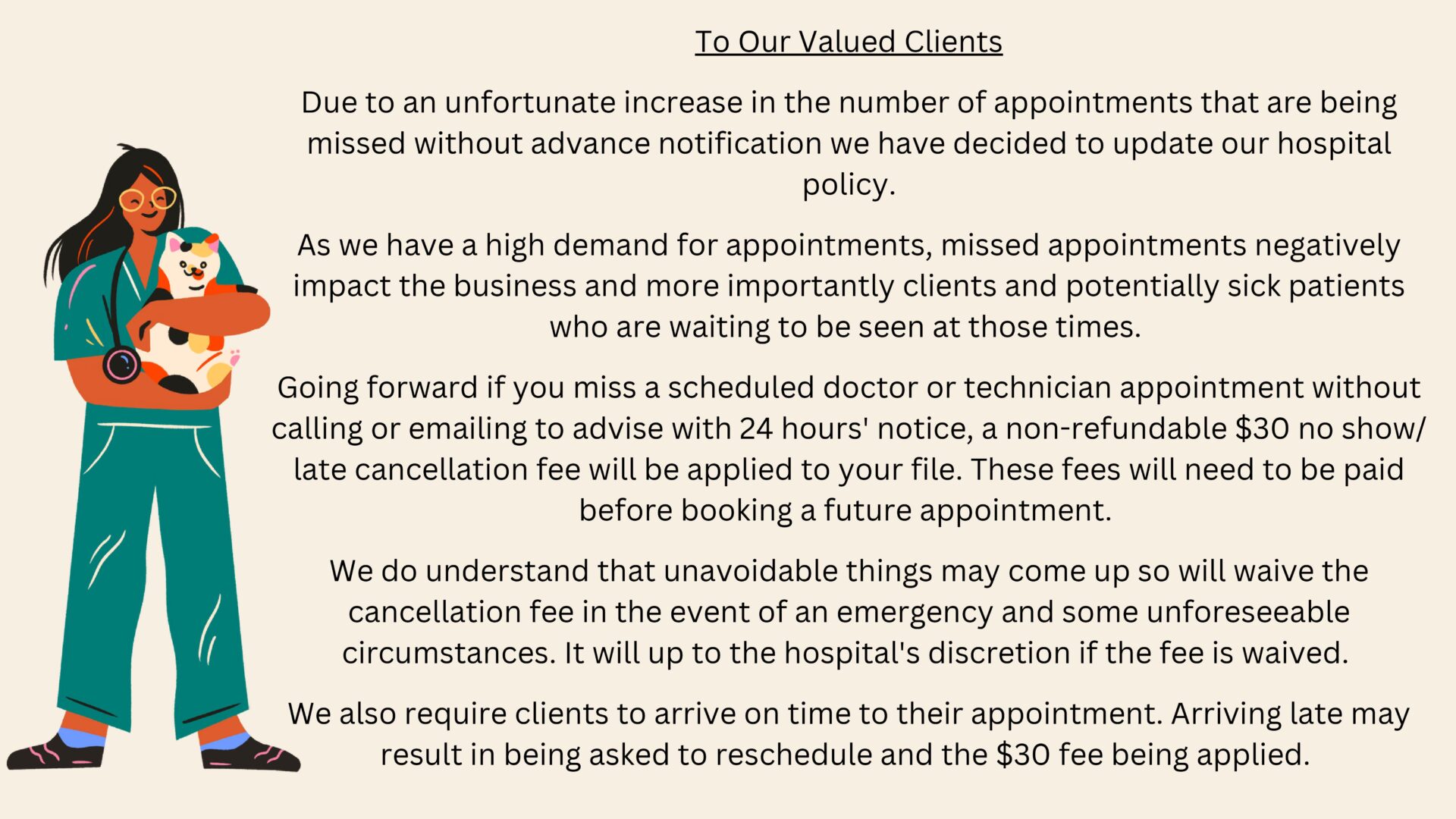We Offer High-Quality Healthcare Services for Your Pets
Welcome to Lansdowne Animal Hospital Your local animal hospital in Ottawa, Ontario
The Doctor(s) and staff of Lansdowne Animal Hospital are fully committed to providing compassionate quality care and services to all of our furry patients, as well as to all who entrust the well being of their special family members to our care. We strive to fulfill all of your expectations.






